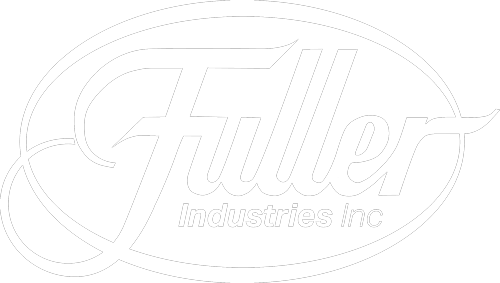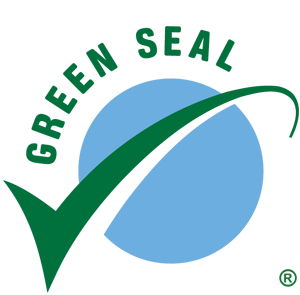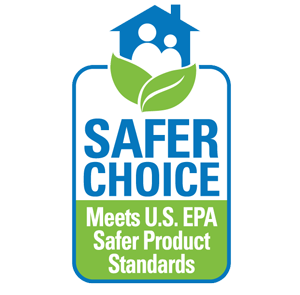Six Ways to Help Your Customers Think About Crew Safety

Communicating danger to crew members and building occupants is a key safety measure.
Every employer in hiring mode wants to present a list of benefits with the idea of attracting the best people for the job, and our customers and partners in the jan/san field are no exception. Even when the compensation package is competitive, some of these companies can set themselves apart with the promise on-the-job training, giving new hires a good feeling and a great chance to get their feet under them in a new position. In our business, much of that training amounts to walking through the way things are done, following procedures, and layering in a good dose of common sense.
Fuller Commercial encourages our partner distributors of our brands FullPro, Franklin Cleaning Technology, Simple Hygiene, and TruMix to help their customers that provide janitorial services to add to the value proposition by protecting employees with good safety procedures. It shows a level of care for employees that they may never have seen in other jobs. It also makes sense to leave the door open for employees to recommend ideas for tips that can make their jobs safer for them and their coworkers, while also adding that critical element: ownership, which enhances a feeling of pride in a job well done.
Provide them resources to start with good safety procedures, spelled out in such a way that the crew understands not just the process, but why it’s in place. Here’s a list of good ideas, many of which may already be in place in practice, but could be turned into policy.
- Everyone Should Use Safety Equipment
Many people today have become more aware of the importance of personal protective equipment (PPE) in their daily lives, thanks to the pandemic, but it’s even more important on the job site. Customers who staff office building janitorial teams often need their teams only to wear gloves and maybe eye protection to protect them from exposure to chemicals. Healthcare facilities require the cleaning crew to protect themselves against germs and infection. Still other jobsites may require hearing protection or a hard hat and steel-toed boots. Understanding the needs of the job, and sharing insight into the dangers can equip the team to protect themselves and safeguard each other. Making it a matter of policy to provide the necessary equipment to prevent on-the-job injuries also sends a caring message. - Use Chemicals According to Instructions
Janitorial team members may sometimes think: If a little works well, a lot will work even better. Cleaning chemicals are formulated to work at the strength that results from the dilution instructions on the label. Mixing them stronger will not result in greater efficacy, but instead could result in dangerous fumes that can cause illness, respiratory or skin inflammation, and eye injuries. Following instructions will result in proper usage with great results, and also keep the janitorial team on budget for supplies. Material Safety Data Sheets are an easy way to keep the crews informed of risk involved in using chemicals, and also the steps to take should improper exposure occur. - Danger Is Part of Any Business—Help Customers Manage It
Your customers’ cleaning crews need to make sure any floor that gets mopped is marked with a sign, every time. Signs need to be placed so they will be noticeable from every direction of approach, and there’s no such thing as using too many, since people need to see the sign before they encounter the wet surface. Slip-and-fall injuries can be serous or even fatal. A cleaning crew should also know to Identify other hazards, and mark them conspicuously with signage, cones, or caution tape until the situation can be rectified. Sharp objects, such as broken glass, and other hazards posed by damaged floors or walls, electrical problems that threaten shock or fire risk, broken railings—mark anything that could have potential to cause injury, to communicate the danger. - Train Staff and Maintain Machinery and Equipment
Your customers should not take it for granted that crew members know how to operate the equipment they were hired to run. Customers should train crews properly on the operation and usage, and understand they shouldn’t cut corners like they may have been encouraged to do on other jobs. Floor machines and industrial vacuum cleaners and carpet cleaners can have substantial horsepower and, as such, also need to be connected to proper power sources. Other equipment needs to be maintained as well, and the crew should be properly trained in their use. Think about a step or extension ladder—don’t assume people know how to use them safely and properly, and missing or damaged parts can introduce hazards to otherwise routine operations. - Follow Special Case Standards the bloodborne pathogen standard
If your customers have janitorial jobs that come with the risk of contact with bodily fluids, such as in a medical facility, standards for protective equipment and processes should meet the Bloodborne Pathogen Standards as set forth by U.S. Department of Labor Occupation Safety and Health Administration (OSHA). Handling medical waste properly is important to the institution or business, but it’s also important to protect the janitorial crew. Required training is the minimum, and commercial cleaning supply distributors can help crews keep up the standards through good product recommendations and ensuring proper use by answering questions according to label instructions. - Training and Education Are the Best Way to Stay Safe
Encourage your clients to keep up training levels at regular intervals, and make sure new hires go through the proper process to understand how it’s done at their new job. It’s key not to rely on staff to train each other, since bad habits that have slipped under the radar quickly get added to the process.
Protecting your partner customers shows you care about their people and their business, and want them to avoid risk and liability. By supporting each other, we can all continue to grow and strengthen our businesses.




